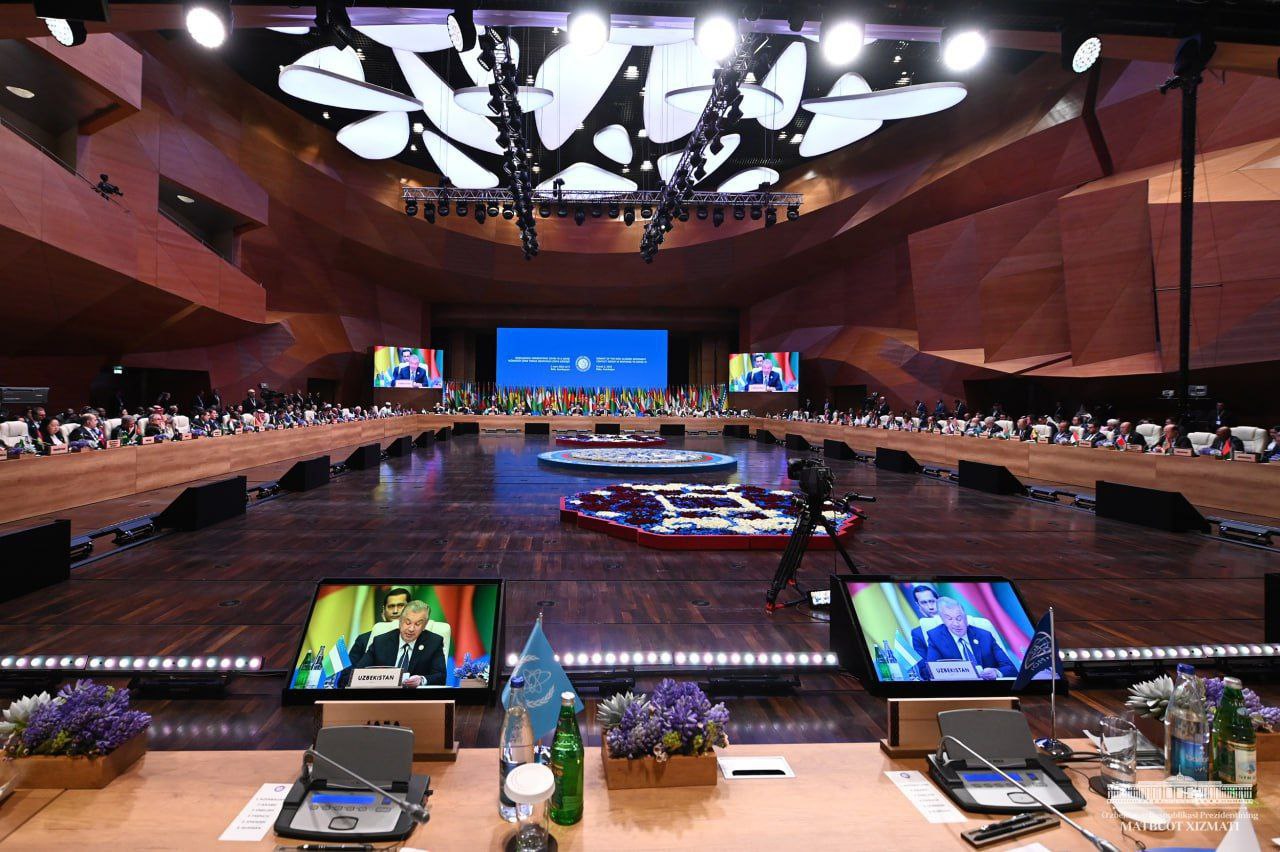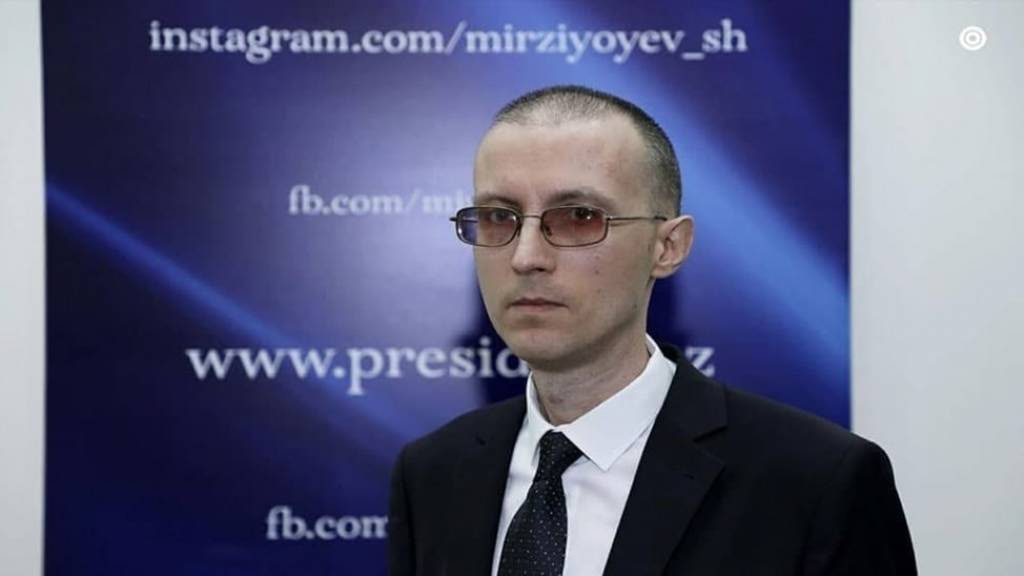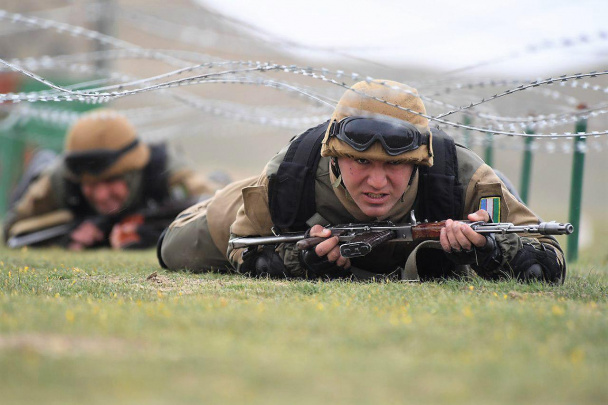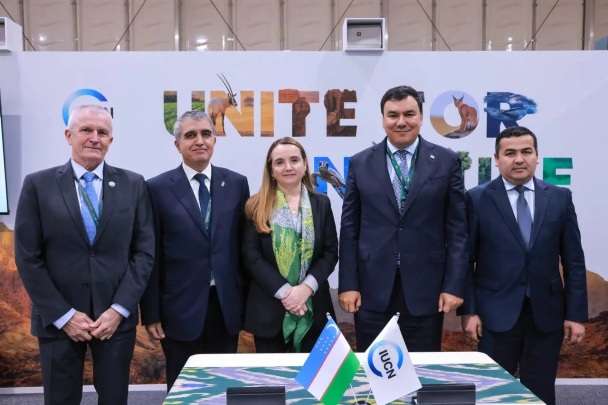Uzbekistan supports global cooperation within Sendai Framework
By 2050, the average annual temperature in Central Asia may increase by 1.5-3 °C. Alexey Kustov, a researcher at the Institute of Strategic and Interregional Studies under the President of Uzbekistan, spoke about the importance of the proposals made by the head of state to strengthen the activities of the Sendai Framework.

Photo: Presidential press service
President of Uzbekistan Shavkat Mirziyoyev took part in the summit of the Non-Aligned Movement Dialogue Group in Baku on March 2.
It should be noted that the initiative on the need to strengthen the activities of the participants of the Non-Aligned Movement on the basis of the global platform for reducing the risk of natural disasters until 2030 – Sendai Framework, which the head of state emphasized in his speech, is very important.
This issue is paid special attention at the presidential level. Because at present, the danger of emergency and natural disaster, and the increase in the scale of economic damage caused by such negative situations is characteristic not only of Uzbekistan, but also of the entire Central Asian region.
The high risk is primarily due to the fact that the rate of average temperature increase in Central Asia will exceed the global index. Since 1900, the average temperature on Earth has increased by 1.1°C, and the average annual temperature in our region has increased by 1.6°C, or from 13.2°C to 14.8°C. At the same time, according to estimates, by 2050 the air temperature may increase by 1.5°-3°С.
The climate change caused by the collapse of the Aral Sea is twice as strong as the world average, and has led to a reduction of the ice area in the region by about 30% over the last 50-60 years. By 2050, the glacier level is expected to decrease by 45-60%. This causes an increase in the spring flow and a drastic decrease in the summer flow.
In the future, these conditions can lead to frequent occurrence of extreme weather events – mountain lake overflows, floods, landslides, as well as droughts, forest fires, and dust-salt storms during the summer growing season.
At the same time, annual losses from natural disasters in the Central Asian region reached $10 billion, limiting economic growth by 1-2%.
If measures against climate change are not taken, the countries of Central Asia will face water shortages, droughts, floods, and sandstorms will increase. As a result, agricultural production becomes unstable, and food security is threatened.

In such a situation, proposals put forward by the head of Uzbekistan to strengthen activities based on the global platform of the Sendai Framework are very important. Solving the issue of disaster risk reduction in the rapidly changing climate should be comprehensive, taking into account future threats and risks, development of new methods of monitoring.
In this sense, it is worth highlighting the work being carried out in our republic on the consistent implementation of the Sendai Framework. In particular, the National Action Plan aimed at the implementation of the strategy to achieve the goal of “Sendai Framework for Natural Disaster Risk Reduction for 2015-2030” was approved in Uzbekistan. The main goal of the strategy is to increase the effectiveness of reforms in the field of comprehensive protection of the population and territories from natural disasters, to significantly reduce the number of dead and injured, as well as direct economic damage by 2030. This document is a confirmation that the issue of reducing the risk of natural disasters has risen to the level of state policy in Uzbekistan.
Therefore, in the course of the global changes taking place in the natural environment, by uniting the efforts of all the countries that are members of the Non-Aligned Movement, it is necessary to ensure unified global security, to strengthen the potential for movement in emergency situations, and to deepen cooperation with all countries of the region in areas such as rapid information exchange, joint training, as well as emergency special emphasis is placed on the development of cooperation on prevention of situations and elimination of arising problems.
It can be said with confidence that reliable protection of the population from the harmful effects of climate change, natural and man-made disasters can be achieved only in the conditions of general cooperation of all countries. The Sendai Framework will further strengthen the activities of the Global Platform to help jointly develop common measures to prevent and respond to emergencies, reduce economic loss, reduce the scale of destruction of vital infrastructure, and ensure the necessary interoperability.
Related News

21:09 / 11.02.2026
Uzbekistan’s public sector expenditures rise despite administrative reforms

16:30 / 14.11.2025
Military service in Uzbekistan

17:37 / 03.12.2024
IUCN Representative Office in Uzbekistan officially begins operations

20:54 / 14.09.2024



